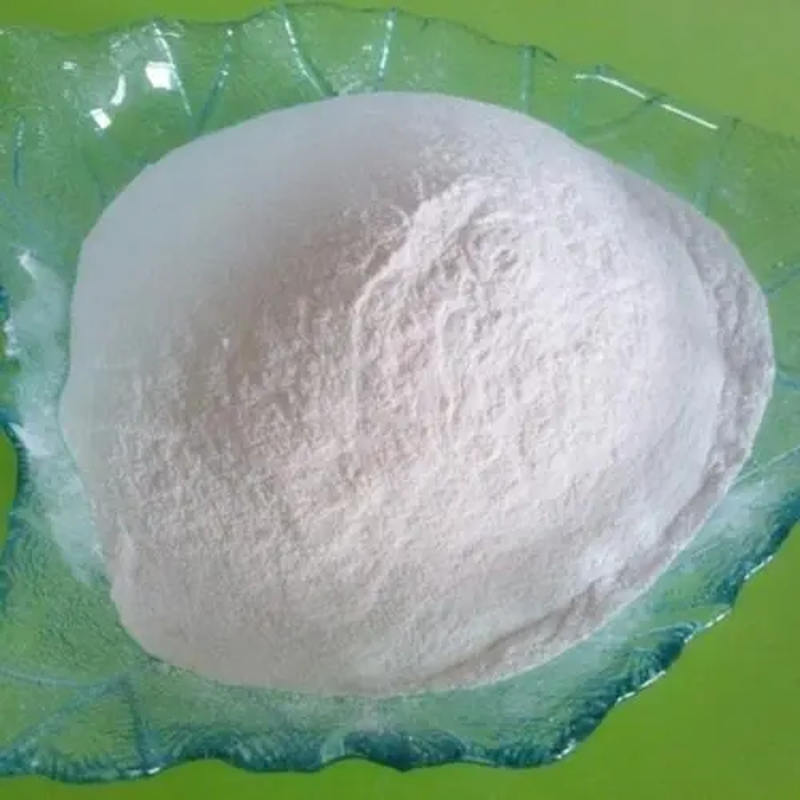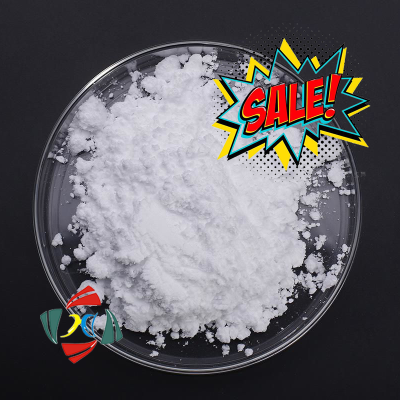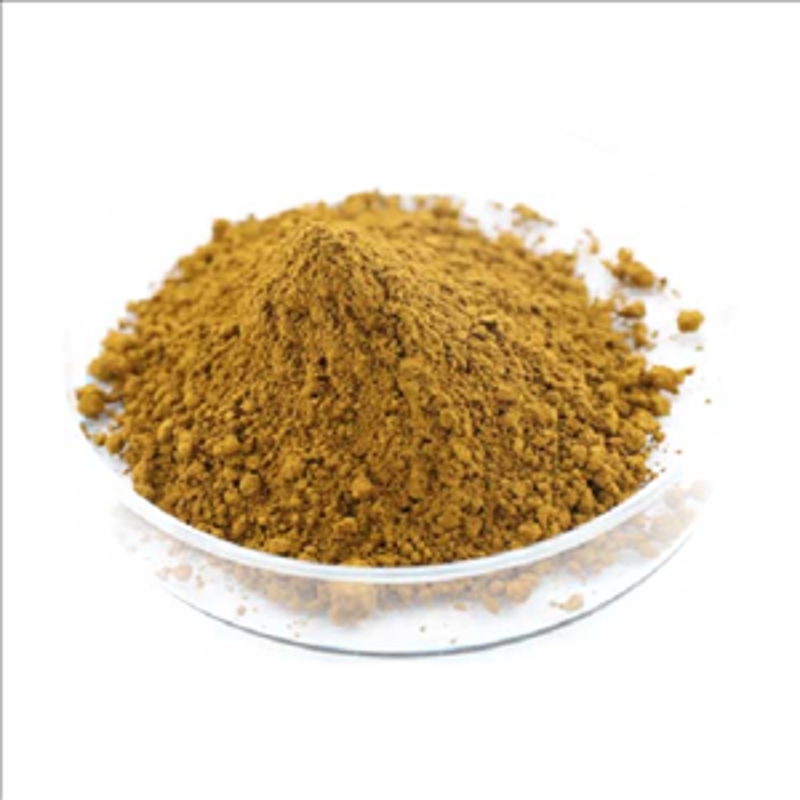-
Categories
-
Pharmaceutical Intermediates
-
Active Pharmaceutical Ingredients
-
Food Additives
- Industrial Coatings
- Agrochemicals
- Dyes and Pigments
- Surfactant
- Flavors and Fragrances
- Chemical Reagents
- Catalyst and Auxiliary
- Natural Products
- Inorganic Chemistry
-
Organic Chemistry
-
Biochemical Engineering
- Analytical Chemistry
- Cosmetic Ingredient
-
Pharmaceutical Intermediates
Promotion
ECHEMI Mall
Wholesale
Weekly Price
Exhibition
News
-
Trade Service
For medical professionals only
Common comorbidities
About gout, you need to know this!
Gout is a common inflammatory arthritis, and the prevalence of gout in China is about 1%~3% [1].
Increased urate and monosodium urate (MSU) crystals deposited in tissues can cause arthritis, soft tissue masses (i.
e.
, tophi), kidney stones, and urate nephropathy, with significant implications
for health and quality of life.
Clinically, how can front-line doctors effectively and correctly diagnose gout? The guide proposes these four criteria
.
Symptoms and signs of gout, serum urate levels above 360 micrommol/L (6 mg/dl) are clinically diagnosed
.
If serum urate levels are below 360 micrommol/L (6 mg/dl) during an attack and gout is strongly suspected, repeat measurement of serum urate levels at least 2 weeks after the attack subsides
.
If the diagnosis of gout is not confirmed by these tests, joint puncture and bursa fluid microscopy
may be considered.
If joint aspiration is not possible or the diagnosis of gout remains uncertain, joint x-rays, ultrasound, or dual-energy CT, which is more sensitive
than conventional x-rays, may be considered.
Common comorbidities
Long-term complications include joint damage and kidney stones
.
Nearly 25% of gout patients have chronic kidney disease (CKD) stage
3-5.
At the beginning of ULT to prevent gout attacks, colchicine is given when the target serum uric acid level is reached; If colchicine is contraindicated, intolerant, or ineffective, low-dose NSAIDs or low-dose oral corticosteroids
may be considered.
When initiating ULT to prevent gout attacks, proton-pump inhibitors
are given to patients with gout who are taking NSAIDs or corticosteroids, taking into account the patient's own risk factors.
Avoid IL-1 inhibitors
unless colchicine, NSAIDs, and glucocorticoids are contraindicated, intolerant, or ineffective.
How to do the long-term management of gout?
What are the goals for controlling blood uric acid levels?
What clinical signs and symptoms are prioritized for diagnosing a disease?
Open the Decision Assistant App Clinical Guidelines module
Search for the name of the disease you want to know and talk to authoritative guides at home and abroad! 👇
Download the Decision Assistant App, the guide is free at any time~
[1] ZHU Xiaoxia, ZOU Hejian, GU Jieruo, et al.
Norms for diagnosis and treatment of gout.
Chinese Journal of Internal Medicine,2020,59(6):421-426.
2] 2022+ NICE Guidelines: Diagnosis and management of gout (NG.
219).







